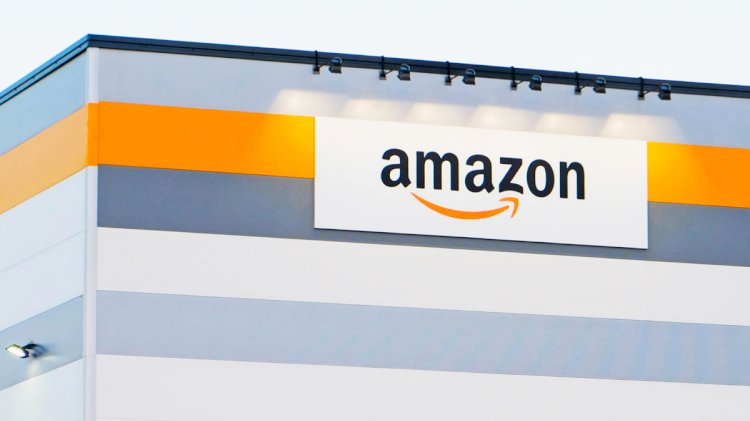Amazon partners with Government Agency to inspect Counterfeits
It was decided as Amazon continues to ramp up its anti-counterfeit measures in addition to blocking millions of accounts and listings.The organization will be working with the National Intellectual Property Rights Coordination Center. This is a team that is supervised by U.S. Migration and Customs Enforcement, to "investigate information and lead focused on assessments pointed toward keeping fake items from entering the U.S. gracefully chain," Amazon said.

On 25th Nov, Amazon announced its partnering with a U.S. government watchdog group. They are conducting counterfeit inspections. It was decided as Amazon continues to ramp up its anti-counterfeit measures in addition to blocking millions of accounts and listings.The organization will be working with the National Intellectual Property Rights Coordination Center. This is a team that is supervised by U.S. Migration and Customs Enforcement, to "investigate information and lead focused on assessments pointed toward keeping fake items from entering the U.S. gracefully chain," Amazon said. Each proof gathered from their assessments will be utilized to extend progressing examinations and follow troublemakers.
The activity alluded to as "Activity Fulfilled Action," is driven by Amazon's Counterfeit Crimes Unit. The group was dispatched not long ago and is comprised of previous government examiners, specialists, and information experts who dig the site for data and work with bureaucratic investigators. Amazon's commercial center, dispatched in 2000, presently represents the greater part of the organization's general deals. While it's been a vital driver of Amazon's general business, it has additionally confronted various issues identified with fakes, just as dangerous and terminated products. Knockoff merchandise has been particularly destructive for Amazon's associations with certain brands, for example, Nike and Birkenstock, who quit Amazon following a flood in fakes.
The organization has sloped up its endeavours to get rid of fakes on the stage. It has sought after forgers in court, turned out different projects to look for and recognize deals of fake products, and keeps on obstructing a large number of suspected troublemaker records and postings.
More than half of the items available to be purchased on Amazon's site are recorded by autonomous merchants. The grasp of such outsider dealers and a profoundly computerized store mean the organization is continually playing whack-a-mole with forgers. Amazon's patchy record in controlling the scourge has killed clients and brands that in any case may put a greater amount of their items on the site. The Seattle-based company lately has promoted its endeavors to free itself of phony items, reporting the creation before this time of its Counterfeit Crimes Unit, which underpins law authorization examinations. An Amazon representative said 99.9% of items saw their clients didn't have a legitimate fake grievance against them.
Hence, the world’s largest online retailer decided to team up with the National Intellectual Property Rights Coordination Center, to deeply analyze data and conduct targeted inspections particularly aimed at preventing counterfeit products from entering the U.S. supply chain. And this initiative will be called Operation Fulfilled Action.




























